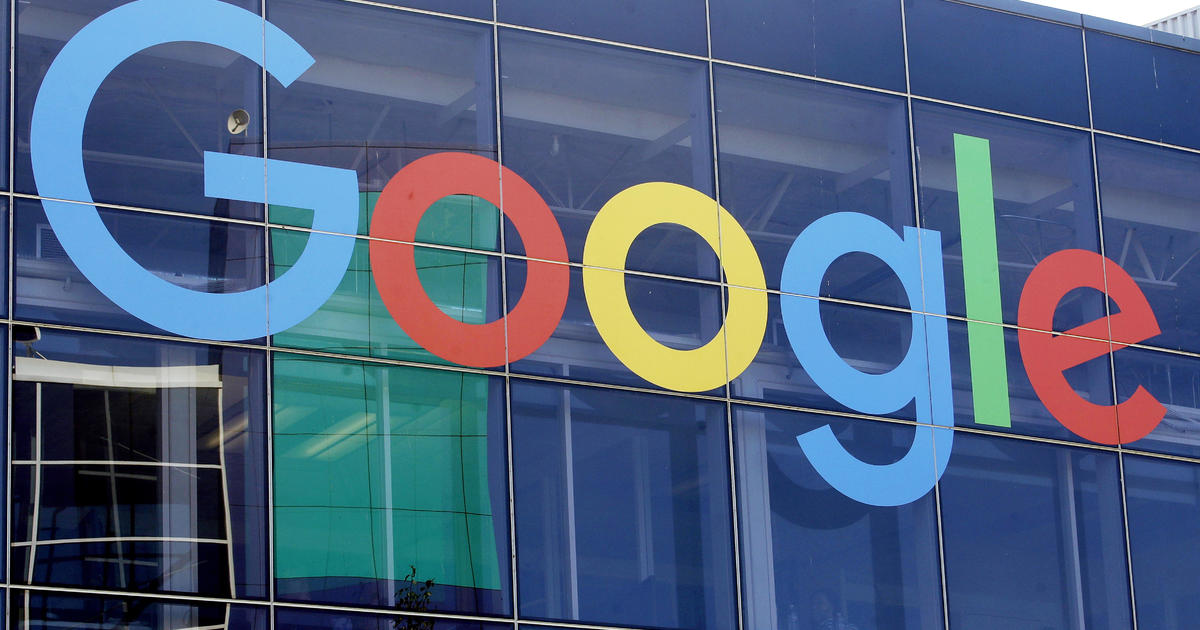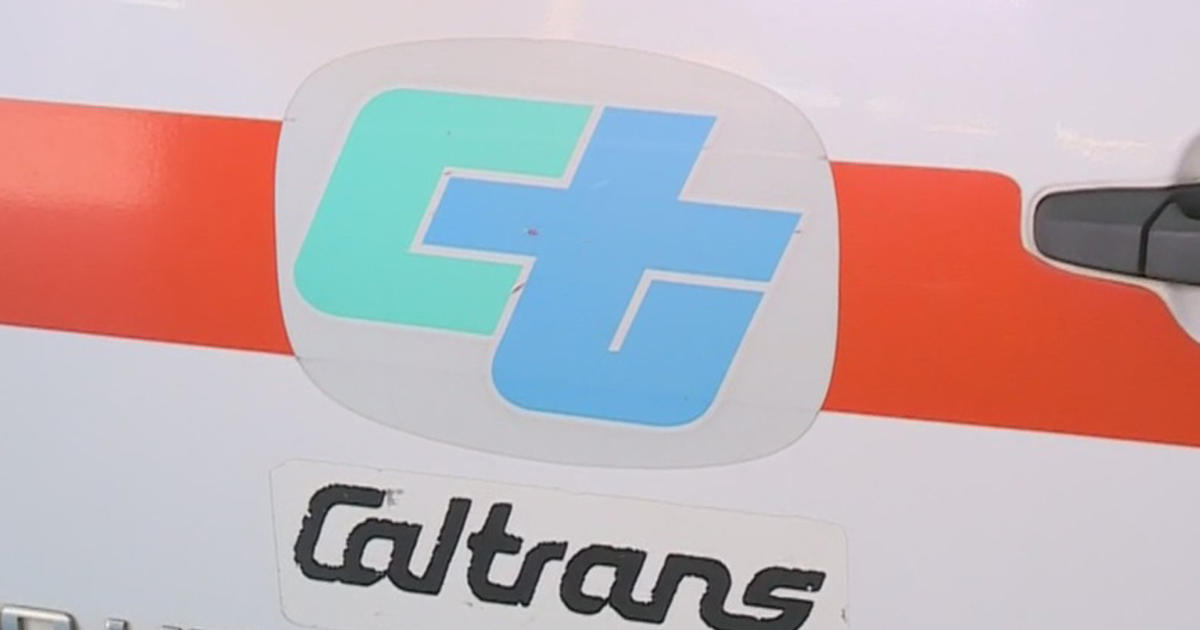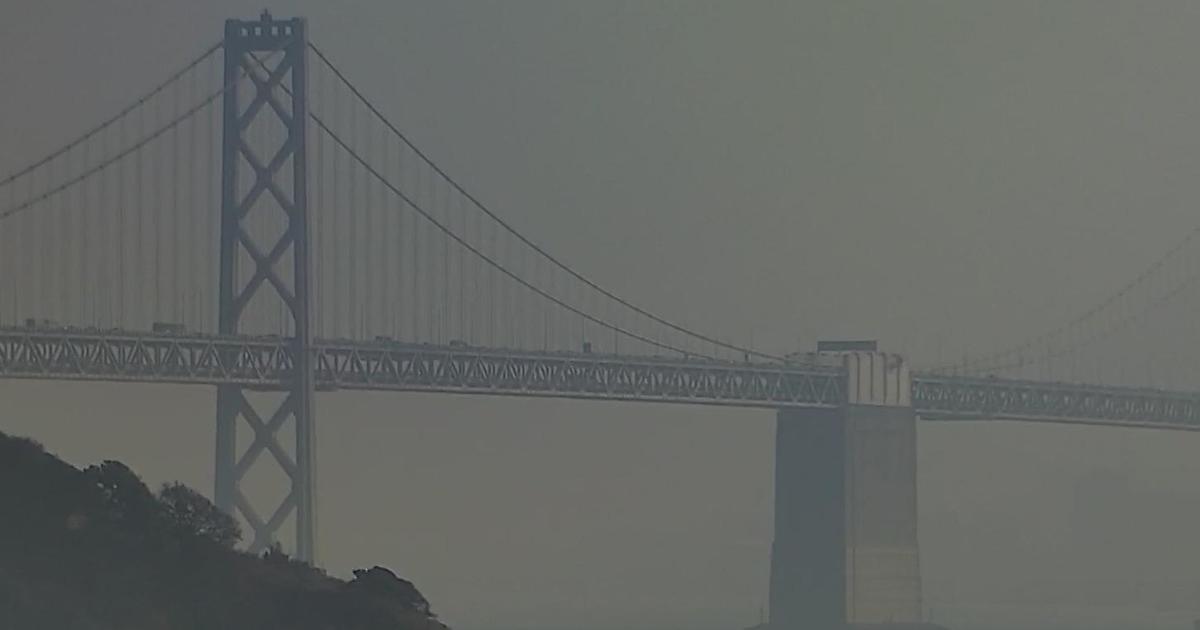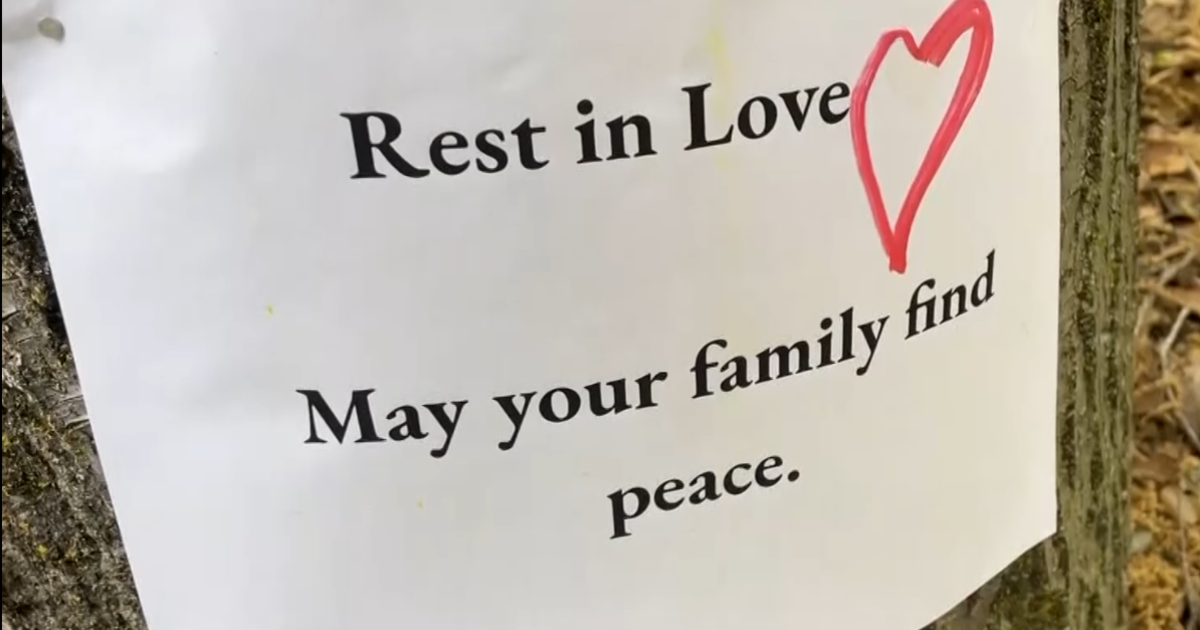California Set To Spring Forward Sunday But Will It Ever Fall Back?
WASHINGTON (CBS/AP) -- Time isn't on your side this weekend.
One less hour (of sleep) isn't the end of the world but you may be a bit sleepier Sunday morning.
Time to abide by the adage to spring forward (though it's not yet spring). The shift from standard to daylight saving time comes at 2 a.m. local time Sunday across most of the United States. Consider setting clocks an hour ahead before bed Saturday night.
Daylight will begin to last longer into the evening but the sun will take an hour longer to emerge in the morning.
But some states are moving to join Hawaii and most of Arizona to opt out of a system that was established more than 100 years ago.
Daylight saving time was created during World War I to decrease energy used for lights and help conserve energy supplies to help the war effort. But the actual impact on overall energy use is heavily disputed.
In November, California voters passed Proposition 7 by a 60-40 percent margin, paving the way for year-round daylight saving time.
The proposition still needs a change in federal law and a two-thirds vote from the state legislature to go into effect. Assembly Bill 7, proposed in December, has not yet been voted on by lawmakers, it has been referred to a committee.
AB7 would need a vote of a two-thirds majority. The bill has not yet been voted on by lawmakers, it has been referred to a committee.
If AB 7 is approved, the bill states:
"Effective immediately after federal law authorizes the state to apply year-round daylight saving time, the standard time within the state shall advance by one hour commencing at 2 a.m. on the second Sunday of the March following the effective date of the federal authorization. Subsequently, notwithstanding subdivision (b), the daylight saving time period will not end and will apply year-round."
Supporters point to a study showing an increased risk of car accidents and heart attacks following the spring change, due to the loss of an hour's sleep.
Opponents of the proposition argued that even if California voters and the legislature approve of year-round daylight saving, the hurdle of getting the federal government to approve is too high, considering the state's tense relationship with Washington.
They also say the switch will cause its own headaches. If California goes to year-round daylight saving, the sun wouldn't rise until 8 a.m. during some winter months, forcing children to walk to school or buses in darkness and likely leading to an increase in car and pedestrian accidents.
Unless California approves the bill (and the feds support it) standard time will return to the Golden State on Nov. 3.
© Copyright 2019 CBS Broadcasting Inc. All Rights Reserved. The Associated Press contributed to this report



